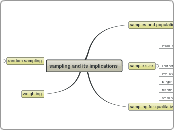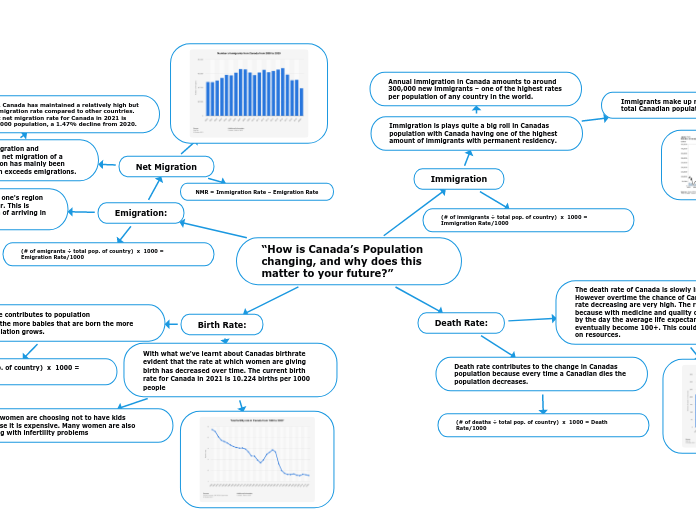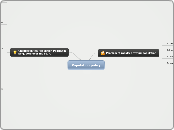sampling and its implications
weighting
random sampling
random sampling and mail surveys
the inital list of people to whom the questionnaire is sent in a postal survey may be the whole population or a sample
random sampling in site/visitor/intercept surveys
stick strictly to this rule and do not select interviewees on any other basis
when you are ready with a new questionnaire stop the next person to enter the gate or entrance
when one interview is complete. check through the questionnaire for comleteness and legibility
quota sampling
random sampling in household surveys
multi-stage sampling
sampling for qualitative research
sample size
small populations
reporting size of sampling errors
budget
level of detail of analysis
confidence intervals
introduction
opinion polls and sample size
determinants of sample size
the available budget
the level of detail in the proposed analysis
the required level of precision in the results
samples and populations
the total category of subjects that is the focus of attention in a particular research project is known as the population









